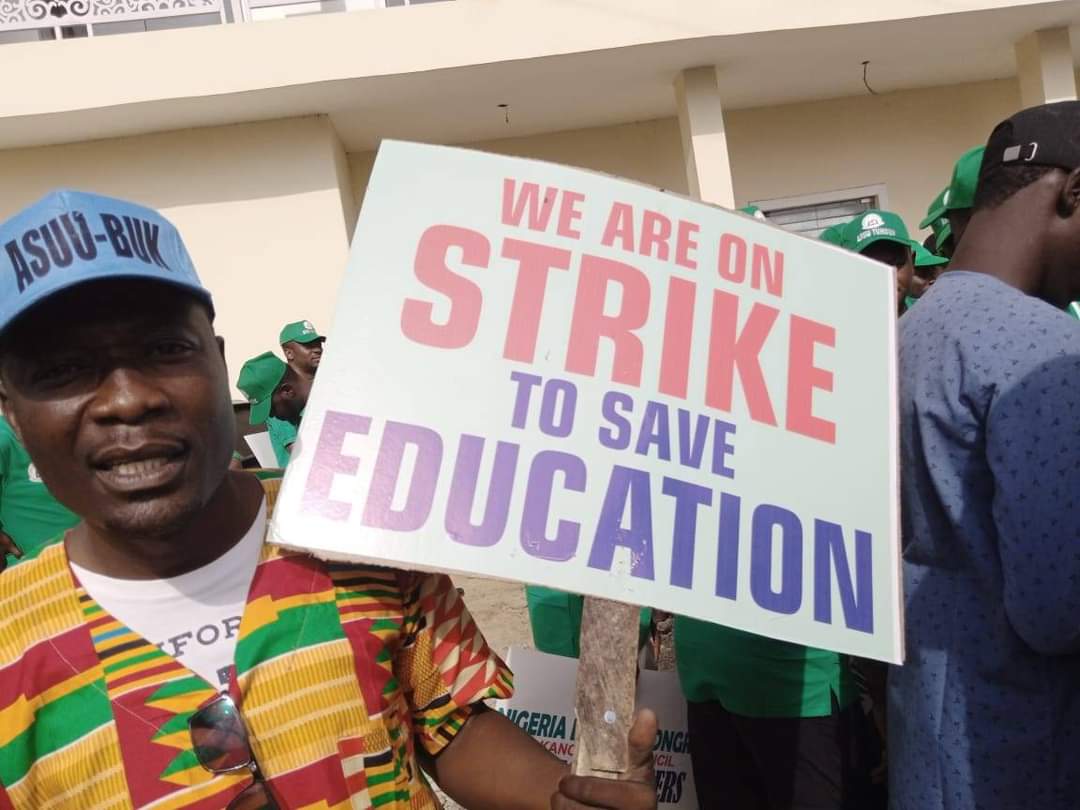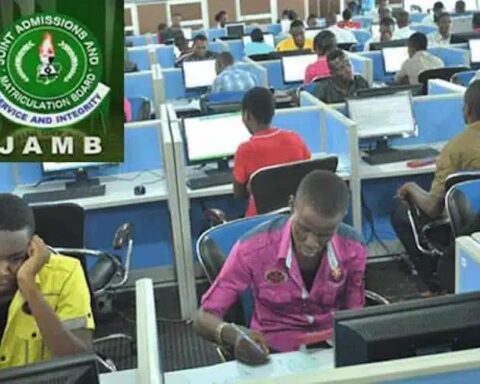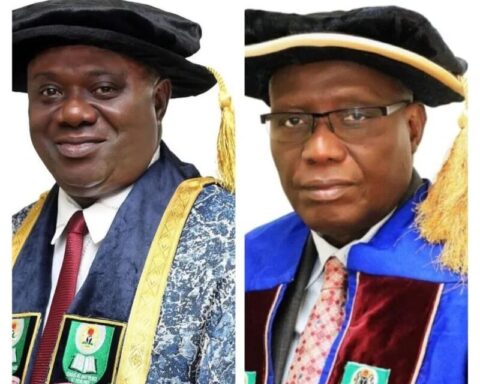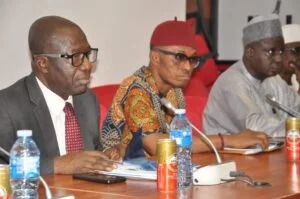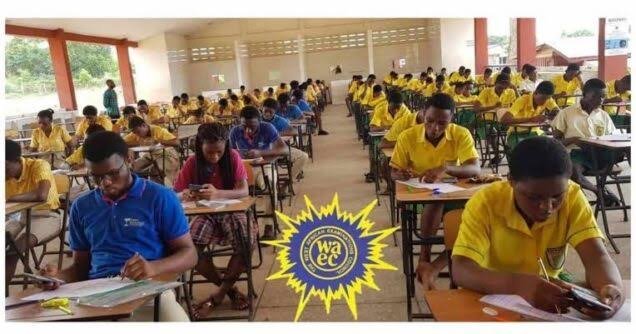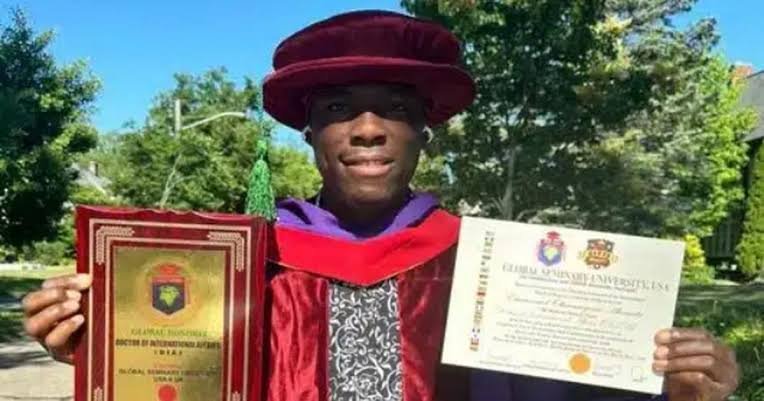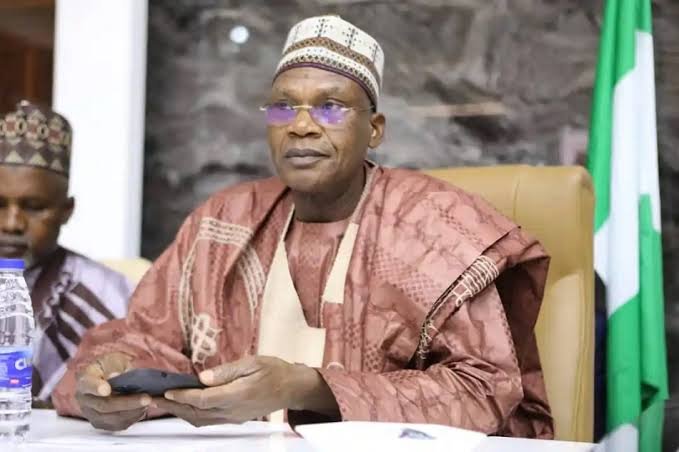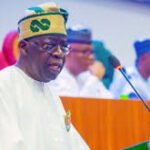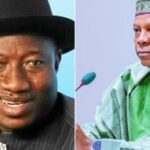The Academic Staff Union of Universities (ASUU) has initiated a two-week warning strike in all federal universities, condemning the Federal Government for its inability to live up to its long-standing agreements. The strike, which began on October 13, 2025, has already disrupted examinations and academic work in most institutions across the country.
Pluralities of the students have cried foul, calling the strike insensitive and unfair. They argue that while ASUU may have genuine grievances, its reliance on industrial action as a quick fix has made students the biggest victims. Gapped teaching time, suspended semesters, delayed graduations, and additional financial pressures on students already stretched by the high fee and inflation are the fallout from every strike.
From the government, its reaction to the crisis has been opaque. Authorities still maintain that most of ASUU’s demands have been addressed, but the character of such interventions is not well-defined. Non-transparency in response by the Federal Government has kept the public doubting it, especially in a country where misappropriation of funds and embezzlement are allegations often laid. To others, the failure of the government to clearly explain its moves only fuels speculation that money meant for education might not be reaching the right avenues.
The National Executive Council of ASUU had voted to embark on strike after accusing the government of disregarding lecturers’ welfare concerns, funding for academia, and reviving public universities. The Federal Government, however, called the strike as unjustified, citing that it has released N50 billion into earned academic allowances and other commitments. But ASUU argues that several agreements entered with previous governments are yet to be executed.
The Minister of Education has also insisted that part of the documents ASUU has been hinting at were draft proposals rather than binding agreements. In the meantime, the government has directed universities to implement the “no work, no pay” policy on the striking lecturers. Another union, the Congress of University Academics (CONUA), has distanced itself from the strike, promising to go ahead with academic activities.
The direct victim of this incessant struggle is students. Across the country, exams have been postponed, lectures suspended, and many undergraduates left in limbo. For final-year students, the delay may interfere with their graduation date, scholarships, and even job prospects. The endless cycle of strikes has also affected Nigeria’s public university system by eroding confidence, compelling more families to begin looking towards private or foreign universities for their children’s education.
The moment demands moderation and giving room by both sides. ASUU needs to realize that its strategies, though sometimes yielding results, keep hurting the same individuals it is purported to fight for. Negotiation, not interference, should be the way to go. But the government must do things with integrity and accountability. It must open the books and provide evidence-based figures on how education monies are expended to avoid suspicion and regain confidence.
This is no longer just a lecturers-government crisis—it’s a threat to the future of a whole generation. Nigeria cannot keep shattering the backbone of its education system over the same unsolved problems. Students on both sides have to come first, because without them, there would be no universities to squabble over.
